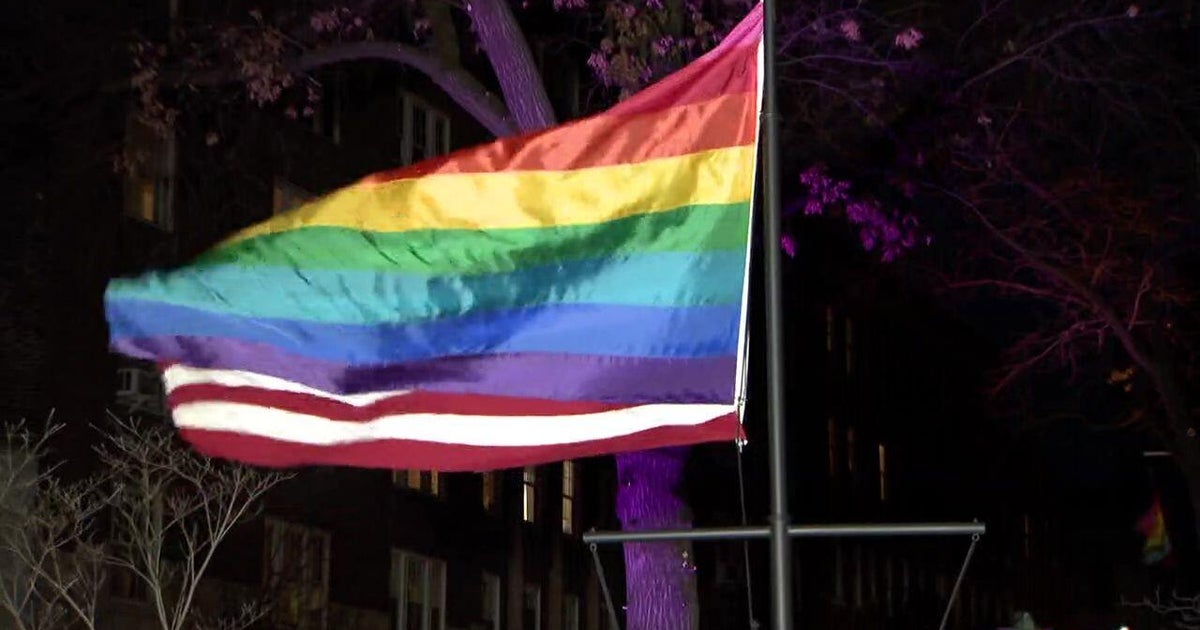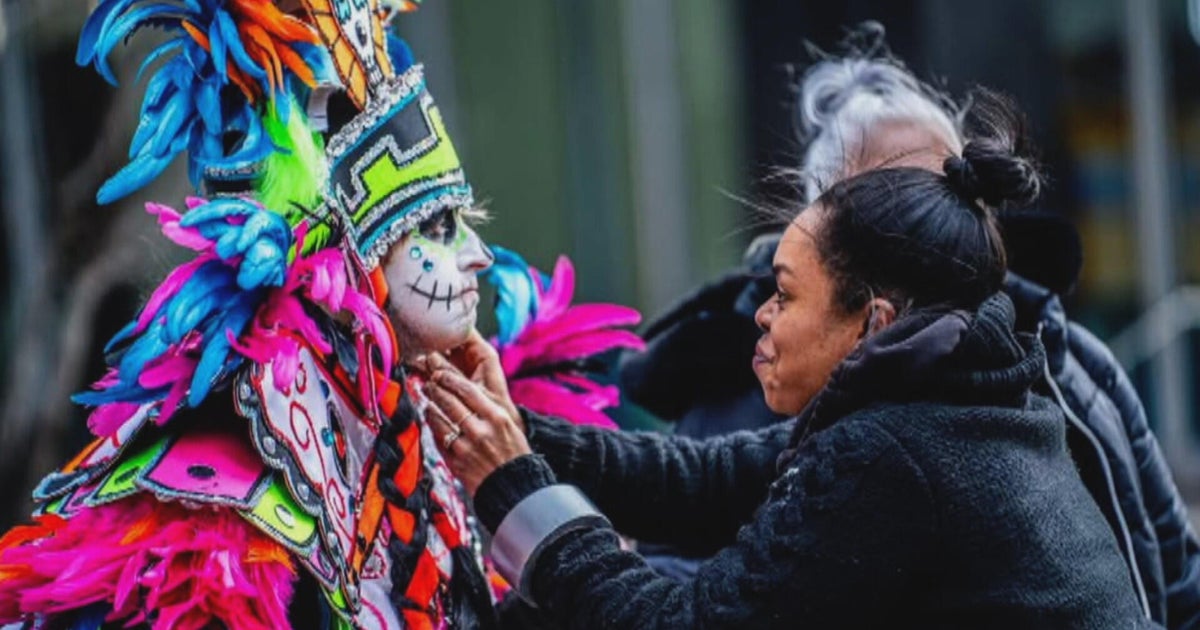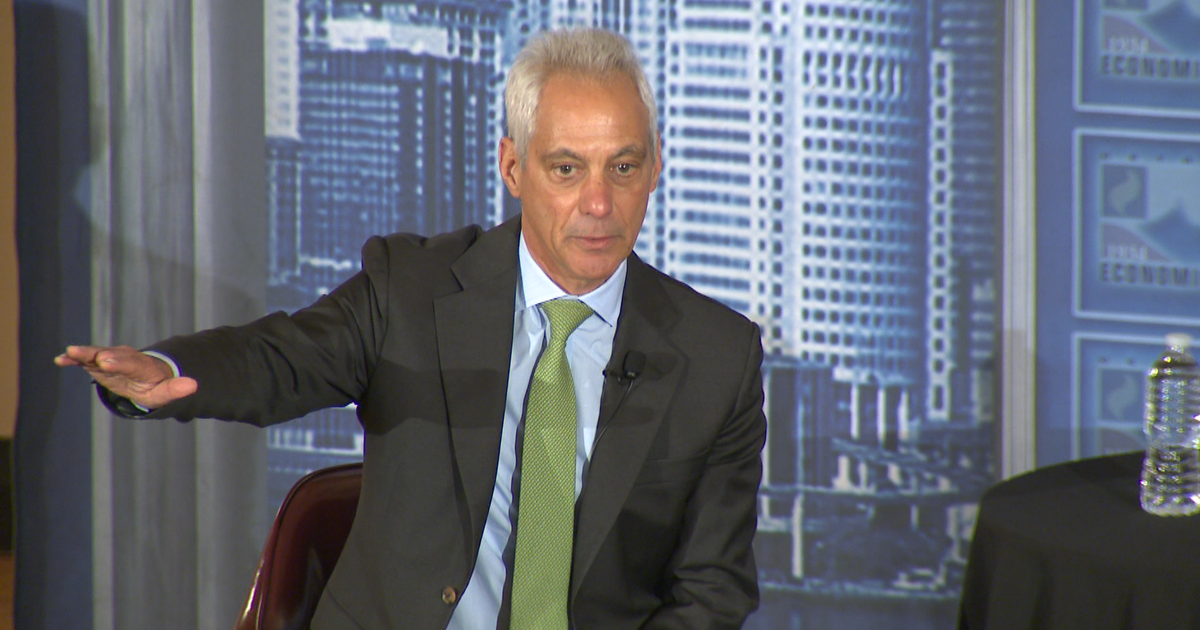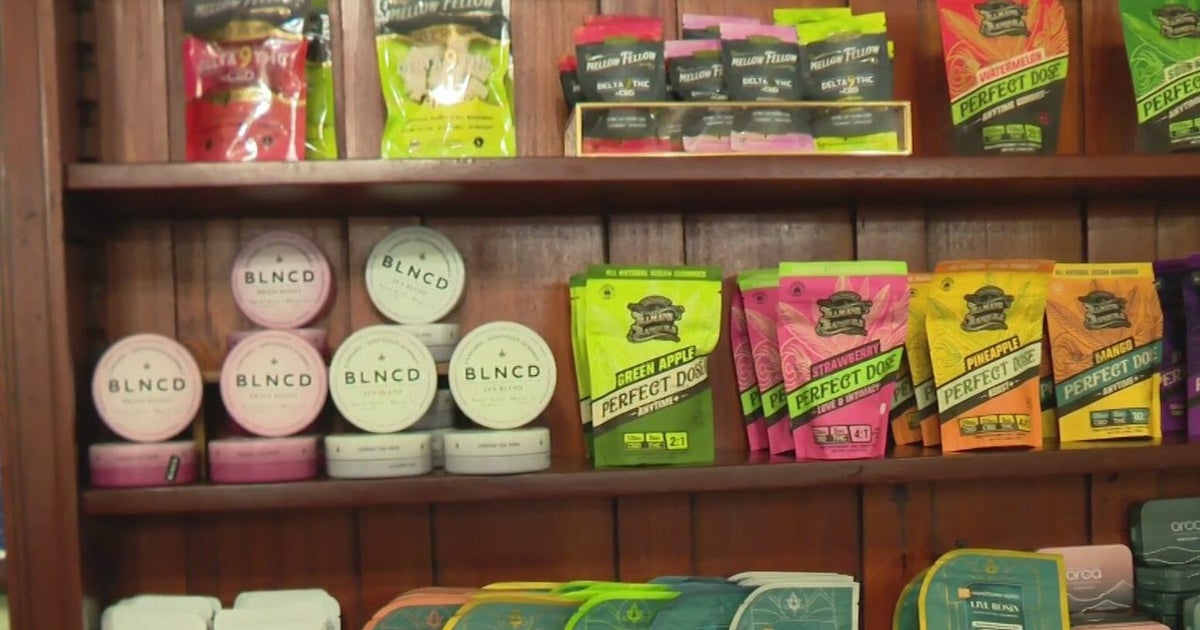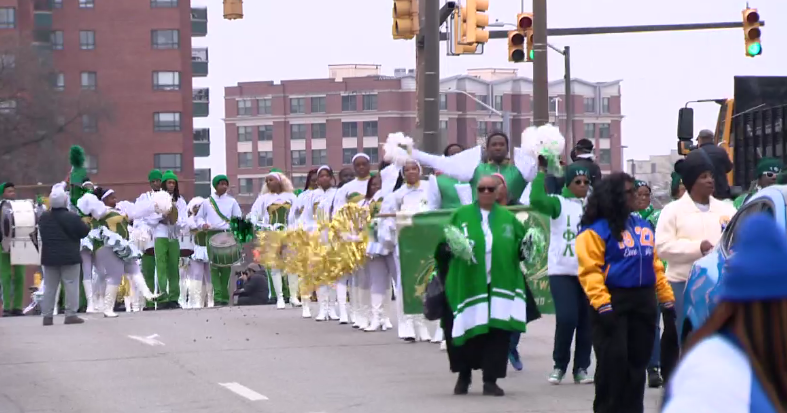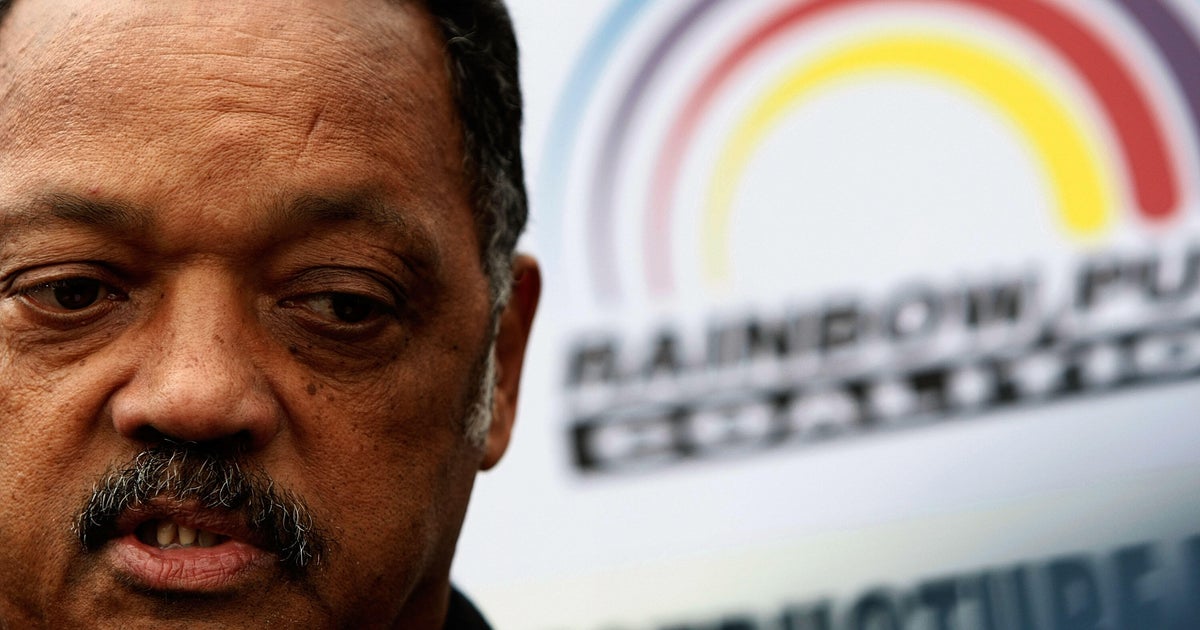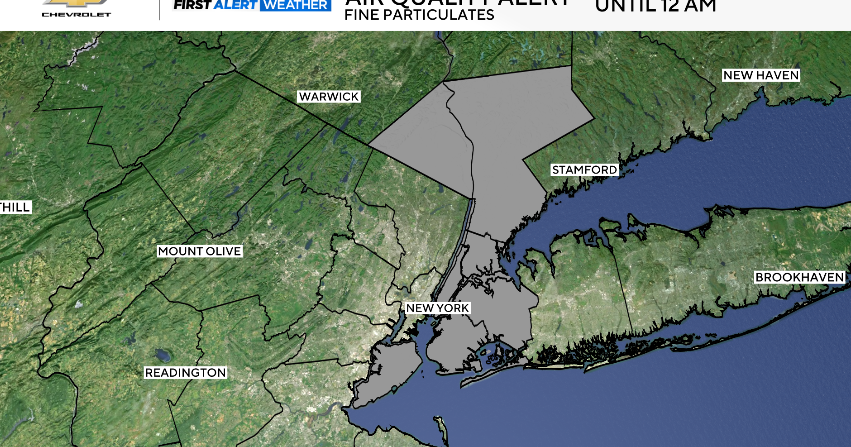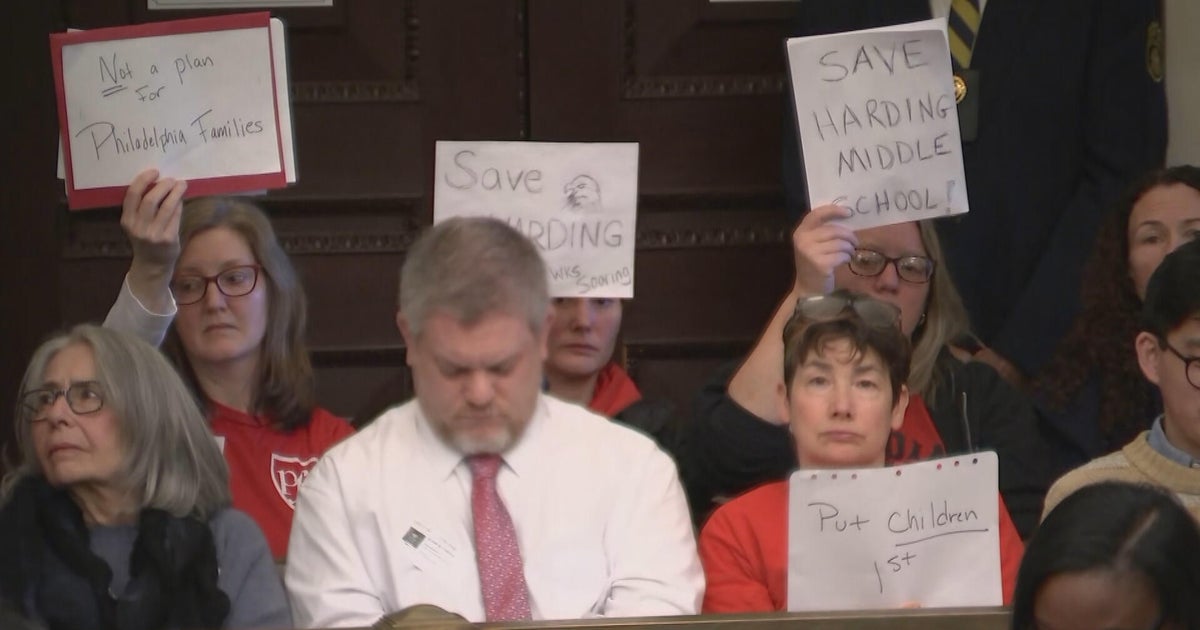Mayor's LGBTQ council fights plans to scale down Chicago Pride Parade this year
CHICAGO (CBS) -- The Mayor's Advisory Council on LGBTQ+ Affairs and Chicago Pride organizers pushed back Tuesday against the city's plans to scale down this year's Chicago Parade Parade.
Earlier this month, organizers said the parade would be smaller than in years past due to the city's concerns with safety.
Organizers capped entries at 125 groups, down from more than 30% from last year.
On Tuesday, parade organizers and the advisory council called on Mayor Brandon Johnson to restore the parade to its original capacity. They noted that the first pride march in occurred just a year after the Stonewall riots in New York, and Chicago was one of the first four American cities to have such an event.
"It is an important symbol of LGBTQ+ empowerment and visibility where LGBTQ+ people and our allies come together to celebrate our community as we demonstrate our collective power," the advisory council wrote. "The Pride Parade is also an important venue for our community. It is often the first place where young people can show up as themselves, celebrating their identities in a supportive, loving, and celebratory environment. The fact that so many allies want to be a part of the Pride celebration is a testament to the power the LGBTQ community has garnered over the years."
The plans to scale back the annual event came as the city continues to grapple with reduced police staffing after the pandemic left the department with 1,400 fewer officers than it had in 2020, according to a CBS Data Team analysis of Inspector General data.
Chicago currently has almost 11,700 officers, according to April data from the IG's office.
An analysis of overtime data showed that the police department regularly staffed the parade with hundreds of officers on thousands of hours of overtime. The data, obtained through a Freedom of Information Act request, also showed that the city staffed the parade with roughly 1,000 officers in 2022 when the city had about 11,600 officers. Overtime data for 2023 was not immediately available.
The Chicago Police Department regularly cancels days off for officers to staff summer events such as the Democratic National Convention, Lollapalooza, Market Days, and now NASCAR. This is all while deploying officers to areas prone to increased gun violence in the summer months.
"In discussions with the Chicago Department of Transportation, and Chicago Police Department, we were informed that the Chicago Pride Parade is downsizing this year due to safety and logistics concerns raised by the city," organizers wrote in an emailed release earlier this month.
The advisory council said it understands the city is asking for some adjustments to the schedule to accommodate for shift changes for police officers. Organizers previously said this year's parade would start an hour earlier at 11 a.m.
The council also said "without much notice," police are looking to enforce an ordinance "that has never been enforced in this context. A news release on the subject was not more specific, but the Windy City Times reported the ordinance in question is one that requires parades to wrap up within 2 hours and 15 minutes.
This ordinance is not new, but has not been enforced for the Pride Parade before, the publication reported.
The advisory council called for the restoration of the number of entries in the parade to be commensurate with past years. Last year, there were 199 entries. The council also endorsed the plan to start an hour earlier at 11 a.m.
Further, the advisory council called for scheduling community discussions at which proposed changes to any parade in Chicago could be addressed – including other annual events such as the St. Patrick's Day Parade and the Bud Billiken Parade.
The Pride Parade steps off at 11 a.m. Sunday, June 30 at Broadway and Montrose, and proceeds south and southeast on Broadway, south on Halsted Street, east on Belmont Avenue, south on Broadway again, and east on Diversey Parkway before ending in the park of Lincoln Park.
The theme for this year's parade is "Pride is Power." The parade this year will highlight the role the parade has played over the years in creating visibility and advocating for change in Chicago and the surrounding area's LGBTQ+ community, organizers said.

